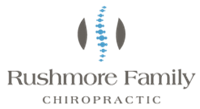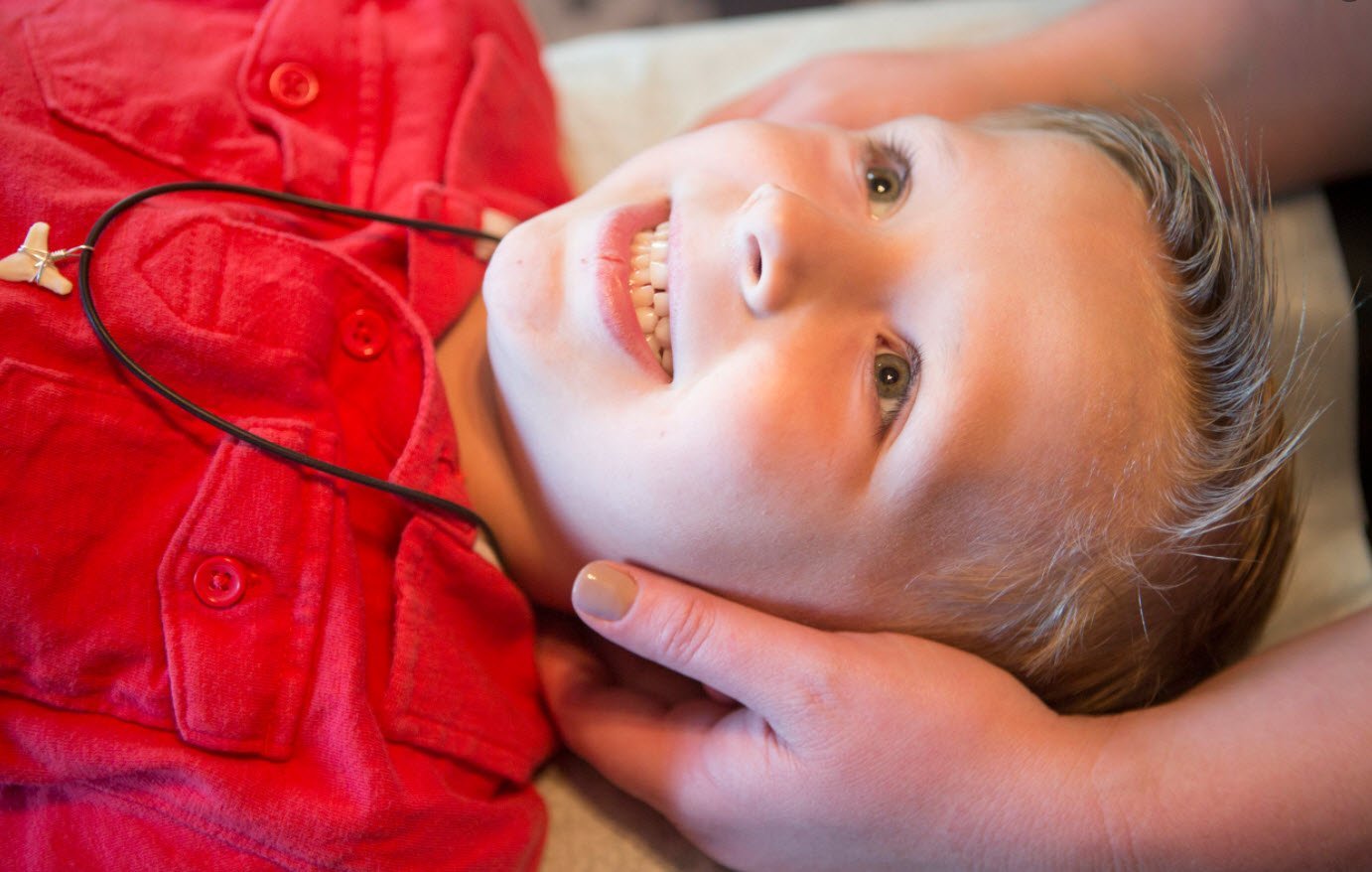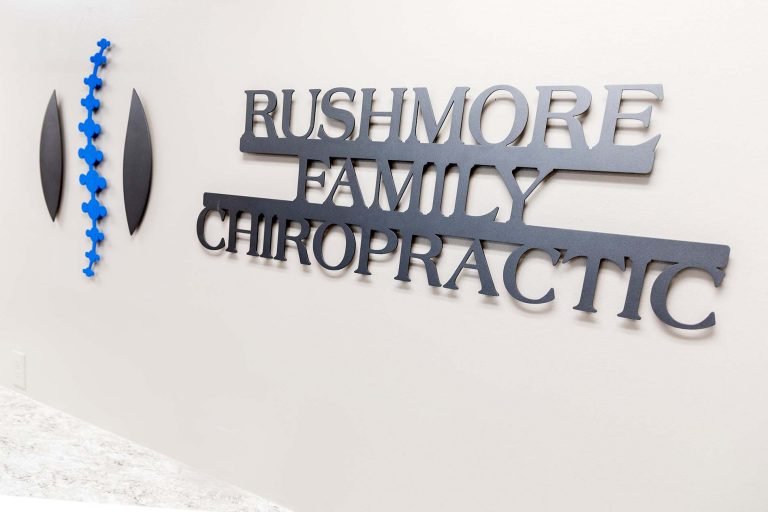We write a lot about back and spinal issues in our blog at Rushmore Family Chiropractic, but we also see a fair amount of neck issues among our patients. So, let’s give a little time and attention to your neck – you know, that thing that holds up your head!
There are many types of injuries and issues dealing with the neck. This includes injuries caused by accident, by trauma, slips and falls and degenerative changes to your spine. If you have damage to one part of your neck, there’s a good chance other areas are also impacted. That is because all parts of the neck are connected to one another. And your neck issues may become especially painful when nerves are impacted.
Have you ever heard the term ‘crick in the neck’? This is a popular expression for that stiff, slightly painful feeling in our neck that many wake up with. This is likely caused by muscle spasms, nerve trigger points, arthritis or disc problems. The reason you usually wake up with a neck ‘crick’ is because whatever underlying problem you have is being exasperated by sleeping with your neck in an awkward position. But it also can be the result of sitting too long (particularly when starting at a computer monitor) or sudden movements in your cervical spine.
A neck strain is an injury to the muscles that attach to the upper part of your spine. You might experience muscle spasms, pain and reduced flexibility with a strain. More severe forms of neck strain might also cause your arms to feel weak or tingly. Some patients even report a sore throat, mood swings and difficulty focusing, with neck strains. Strains are usually caused by falls or sudden twists, or repeated stress to the joints.
Whiplash is another common neck issue and results when the head is suddenly hyperextended from the neck. Car accidents are frequently cited as the inciting event in whiplash, but this type of injury can also be the result of sports and other activities. Like with neck strain, numb or tingly arms may be reported in whiplash cases, along with stiffness, dizziness and interrupted sleep. Stingers and burns, similarly to whiplash, are usually sports-related injuries and common to football players when tackling.
Herniated discs can also happen toward the top of the spine, leading to neck pain. A patient with a herniated disc may be looking at surgery.
Some patients take over-the-counter medications (like aspirin or ibuprofen) for small neck pains but if the pain lasts a week, you should see your chiropractor. If you’ve been seeing a chiropractor for your back, they may also adjust your neck during treatment. There is nothing to fear with neck adjustments, but they do take some getting used to.
We may recommend some simple exercises for you after your adjustment. Many of our patients also benefit from heated neck wraps and ice packs. Just ask us for a recommendation for that crick in your neck!









